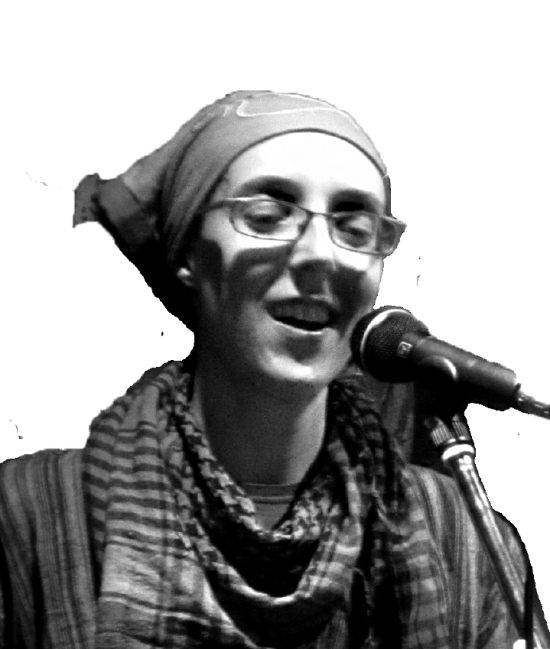Currrently one of the major challenges for those of us who sing as part of our social protest is that we can’t safely sing together.
Nothing can replace the feeling of singing in harmony together, it’s a physiological and emotional experience that often helps us to channel our anger at social injustices towards a positive outcome, to feel connected to each other in our outrage and if we’re lucky communicate with people who wouldn’t otherwise engage with issues we sing about.
But we haven’t been able to do that since March, so we are all thinking about how we can safely and creatively engage with issues that haven’t gone away just because of the pandemic.
In fact, things have come into stark relief, whether it’s disproportionate impact due to wealth disparity exacerbated by years of austerity in the UK, or disproportionate impacts on BME and BIPOC communities around the world. So if we want to raise our voices, we need to diversify our tactics.
The challenge to us activists is that the main thing we have had to do for the greater social good for the last couple of months has been to stay home. This is so contradictory that I’m sure many of us are sitting on our hands and doing the equivalent of counting to ten. There are of course actions to support our own and wider communities that we can (health allowing) give our energies to. There have been so many amazing mutual aid groups working to support local communities all over Scotland and the UK. And we are virtually connected to the whole world.
The thing that has rocked my boat most significantly these past few weeks, is the massive upsurge in Black Lives Matter activism in the USA, rippling out across the world and into our own communities. I’m glad this is happening, and angry that it needs to.
I am a white, lesbian woman living in Scotland. I understand the importance of allies using their privilege to make the world safer for women and the LGBTQ+ community.
I also understand that my own privilege as a white woman living in one of the richest countries in the world must be used to stand in solidarity with my black neighbours here in Scotland and around the world. Sometimes that means shutting up and moving over.
The choir I sing with on demonstrations in Edinburgh is a strong community of regulars, mixed with anyone who wants to join in. That’s how we work.
We are overwhelmingly white, middle class and older, and yes, we’ve talked about working to reach a broader group of people. But we haven’t successfully done that, and we have work to do when we meet together again. I say this, because as a predominantly white choir, we would have been posed an unusual question that we have not had to address because of the pandemic – should we be singing in solidarity with Black Lives Matter? Or should we just shut up?
Obviously, under ‘normal’ circumstances we would have joined the Black Lives Matter gatherings in our city, and we would have taken the lead from local black organisers as to whether or not they wanted us to sing. I suspect it would have been one of the first times that we as a group would have chosen not to sing. I think the solidarity we would have engaged in would have been standing alongside, listening, and amplifying black voices. And shutting up.
I have a song I wrote a couple of years ago in support of Black Lives Matter, and I quickly decided not to put it on the internet, that we didn’t need another white voice taking up space. I have instead used the (virtual) social spaces I occupy to share and uplift black voices, activists and journalists, historians and singers.
It’s obvious that this is what white people with any sense of social justice should be doing right now. But shutting up doesn’t mean not using our voices. The silence of complicity is different to the silence of solidarity, and many of us are working out how to do this effectively.
We can all make a cardboard sign speaking the name of a black person killed in our local community and make these names visible to help build pressure for real justice. In Scotland we are supporting justice for Sheku Bayoh.
Hundreds of names of people killed in the USA have been written outside the US consulate in Edinburgh. And one of the signs there also reads ‘Love Black People Like You Love Black Culture’. So I’ll leave you with some activist-singers and songs to look up: Melanie DeMore, singer and activist; Keedron Bryant, twelve year old Gospel singer; Alim Kamara’s song about Sheku Bayoh ‘Tell Me’; Rhiannon Giddens - ‘Cry No More’; Trey Songz ‘How Many Times?’; Four Women (Nina Simone – cover version by Berklee Black Lives Matter)


